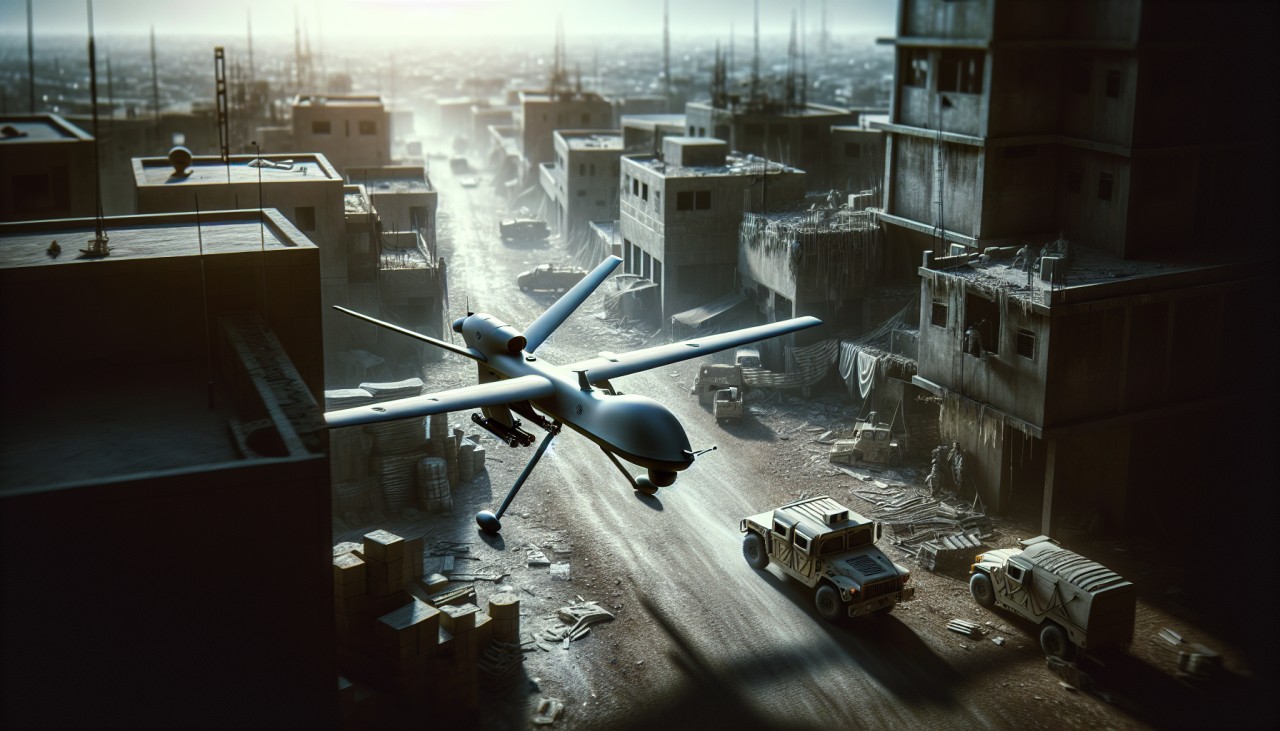The integration of artificial intelligence (AI) into military operations has introduced significant risks, particularly concerning misidentification and targeting errors. AI systems, while capable of analyzing vast amounts of data rapidly, are not infallible. In complex environments where combatants and non-combatants intermingle, these systems may misidentify targets, leading to unintended civilian casualties. For instance, autonomous drones might mistakenly interpret a civilian gathering as a military target due to faulty data analysis or inadequate training on diverse scenarios. Such errors can have catastrophic consequences, as seen in historical incidents where misidentification led to tragic outcomes. The reliance on AI in these contexts raises concerns about the adequacy of human oversight and the potential for increased civilian harm.
Furthermore, the deployment of AI in warfare has the potential to escalate conflicts rapidly. Autonomous weapons systems can operate at speeds and scales beyond human control, potentially triggering unintended engagements. The lack of transparency in AI decision-making processes exacerbates this risk, as adversaries may struggle to interpret the intent behind AI-driven actions, leading to miscalculations and heightened tensions. Additionally, the development and deployment of autonomous weapons could trigger an arms race among nations, as states seek to gain a technological edge over their adversaries. This dynamic is particularly concerning, as rapid advancements in AI could outpace regulatory measures and ethical considerations, increasing the likelihood of unintended escalations and destabilizing international security.
Key Takeaways
- AI integration in military operations increases the risk of misidentification and civilian casualties.
- Autonomous weapons systems can escalate conflicts rapidly due to their speed and lack of human oversight.
- The opacity of AI decision-making processes can lead to unintended engagements and heightened tensions.
- The development of autonomous weapons may trigger an arms race, destabilizing international security.
- Ethical concerns arise regarding accountability and adherence to international humanitarian law in AI-driven warfare.
